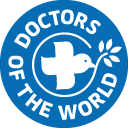On the move, in need of care
Globally, migration is at a record high. Every day, families fleeing violence, poverty, and climate shocks face untreated illness and trauma. When they reach their destinations, new barriers often await: discrimination, detention, or exclusion from health systems.
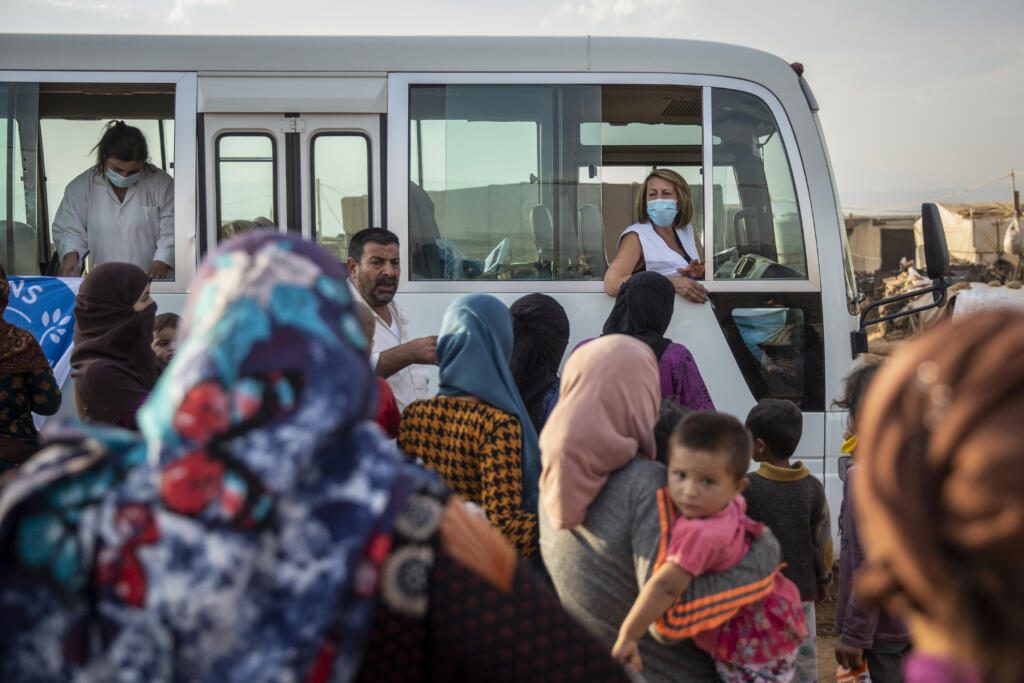
Frontline expertise, dignified treatment
Doctors of the World combines more than 40 years of frontline humanitarian experience with deep ties with local networks to meet the needs of migrants, refugees, and displaced people wherever they are, along key migration routes and at arrival points.
Mobile teams deliver urgent care along dangerous migration routes, while urban clinics and hospital partnerships provide continuity of care at places of arrival. At the same time, our advocacy defends the right to health, pressing for access to health systems that include migrants and refugees, as well as services that meet their specific needs.
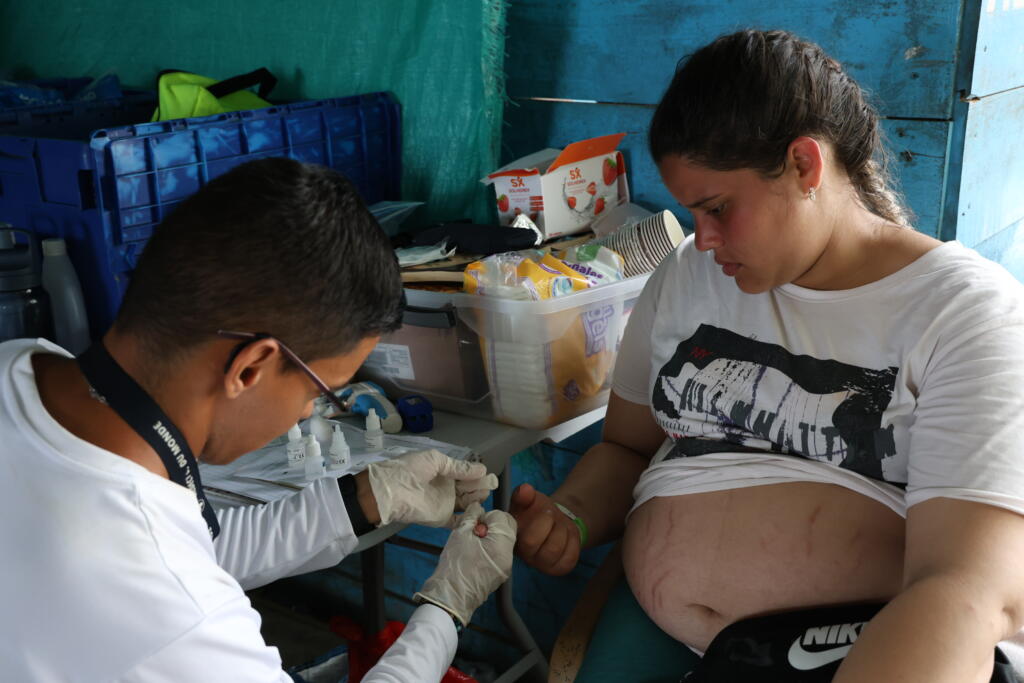
The Americas: Treating migrants from Darién to El Paso
Shifting U.S. policies and public narratives that criminalize migration are forcing people onto increasingly dangerous routes, while cuts to humanitarian funding leave critical gaps in care and protection.
Doctors of the World is present throughout the journey, from the Darién Gap to the U.S.–Mexico border, providing essential services along migration routes, including gender-based violence prevention and response, primary and mental health care, psychosocial support, and sexual and reproductive healthcare.
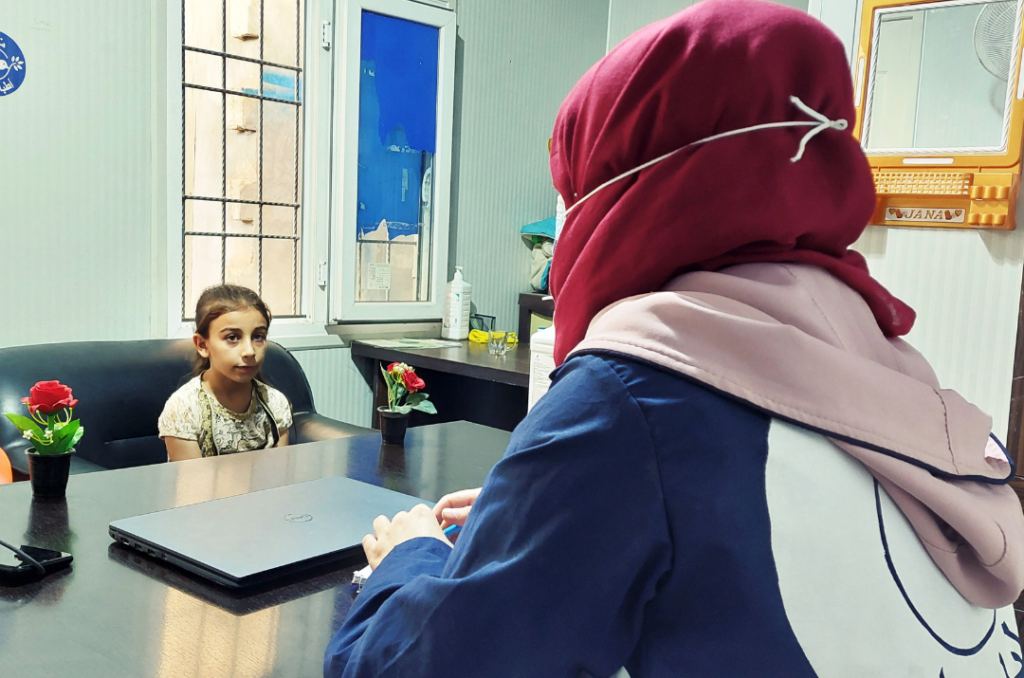
Conflict zones: Caring for those forced to flee
From Gaza to Ukraine, Syria to the Democratic Republic of the Congo, conflict and displacement tear families apart and leave children especially vulnerable. Doctors of the World creates safe spaces for care in the heart of the crisis, delivering essential health services, mental health support, and dignity where it’s most at risk.
In a northwest Syria camp, home to thousands of families displaced by 14 years of conflict, children like Aisha carry the invisible scars of war. When she was just three years old, she was injured in a bombing and has lived with fear and trauma ever since. At our clinic, a psychologist worked with her to help her sleep without nightmares, address aggressive behaviors, and re-engage with her peers.
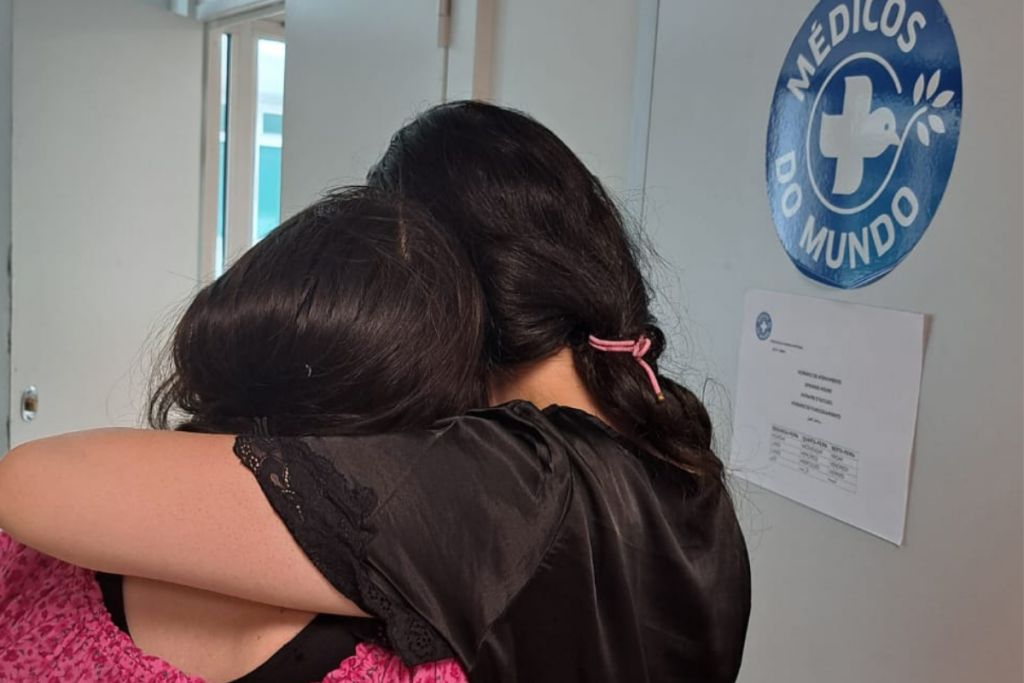
Europe: Healing in places of arrival
For many migrants and asylum seekers, arrival brings new challenges. Fear and stigma often delay care until illnesses or trauma become severe.
In Europe, we provide support in resettlement centers, reception facilities, and camps, while co-creating mental health programs with migrant communities to ensure services are accessible, respectful, and shaped by their voices.
Layla and Zahira fled Morocco to Portugal to escape violence and discrimination for their sexuality. While in detention at Lisbon’s Airport Temporary Settlement Centre, our teams stood with them, and treated Zahira’s severe depression, helping to ensure care, dignity, and resilience.
